SES News
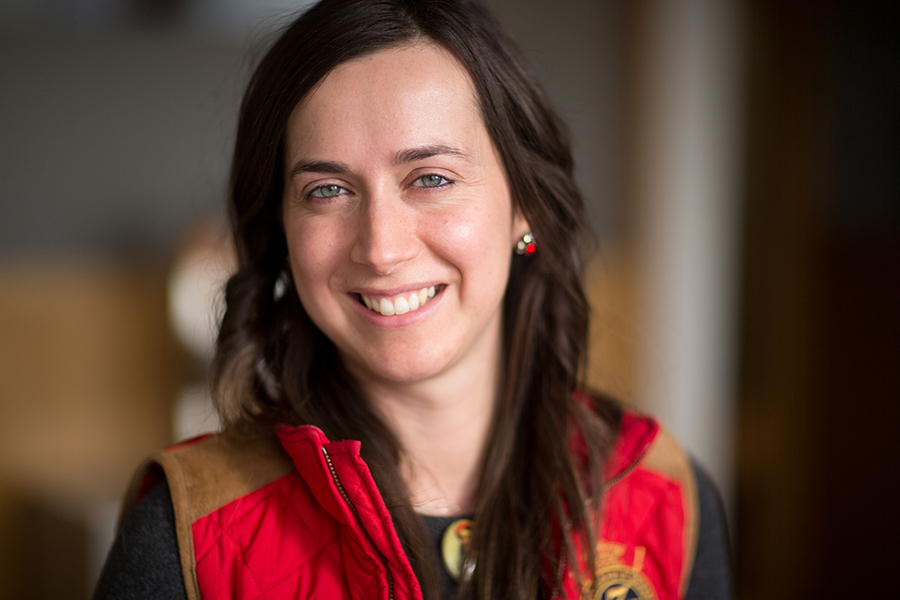
Fotini Christia named next IDSS Director
As an Associate Director of IDSS, Christia has chaired the SES PhD program, directed the Sociotechnical Systems Research Center, and co-led the Initiative on Combatting Systemic Racism.
READ MORE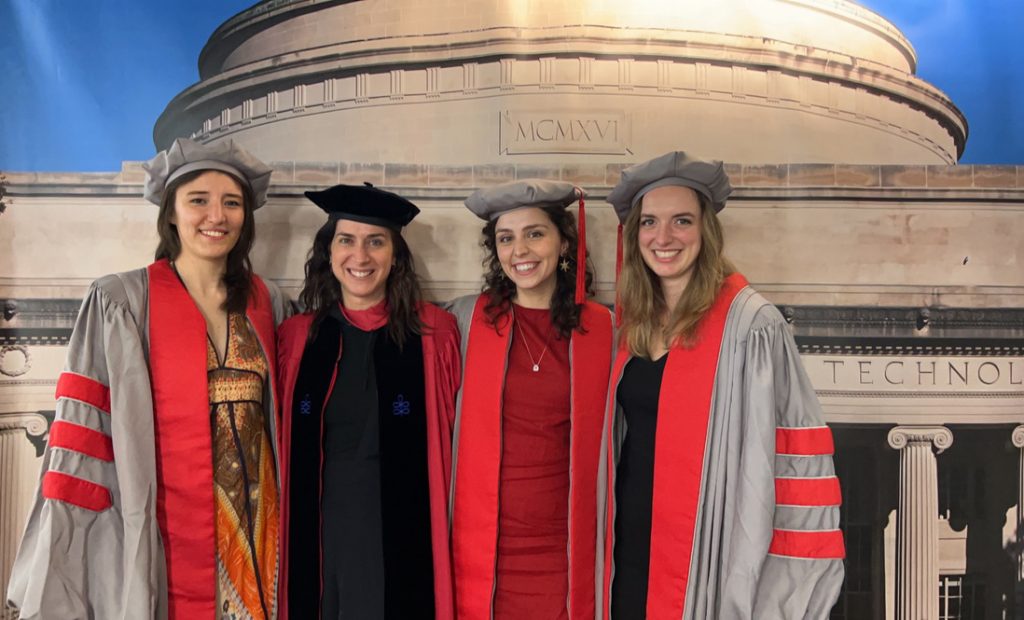
The 2024 graduates of IDSS
Congrats to the IDSS graduates of 2024, from our PhDs in Social & Engineering Systems, Master's students in the Technology and Policy Program, and the undergrad and grad students in the MIT Statistics and Data Science Center.
READ MORE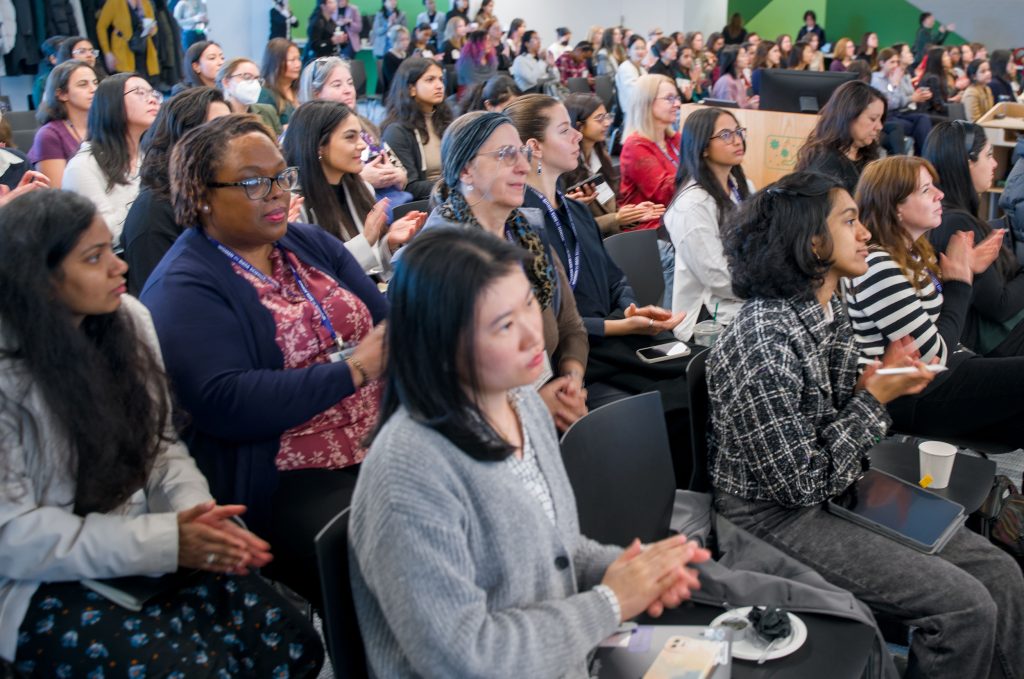
Building a community of practice for women in data science
The Women in Data Science (WiDS) Cambridge 2024 conference centered the need for more data science skills in cross-disciplinary work addressing violent conflict and other societal issues.
READ MORE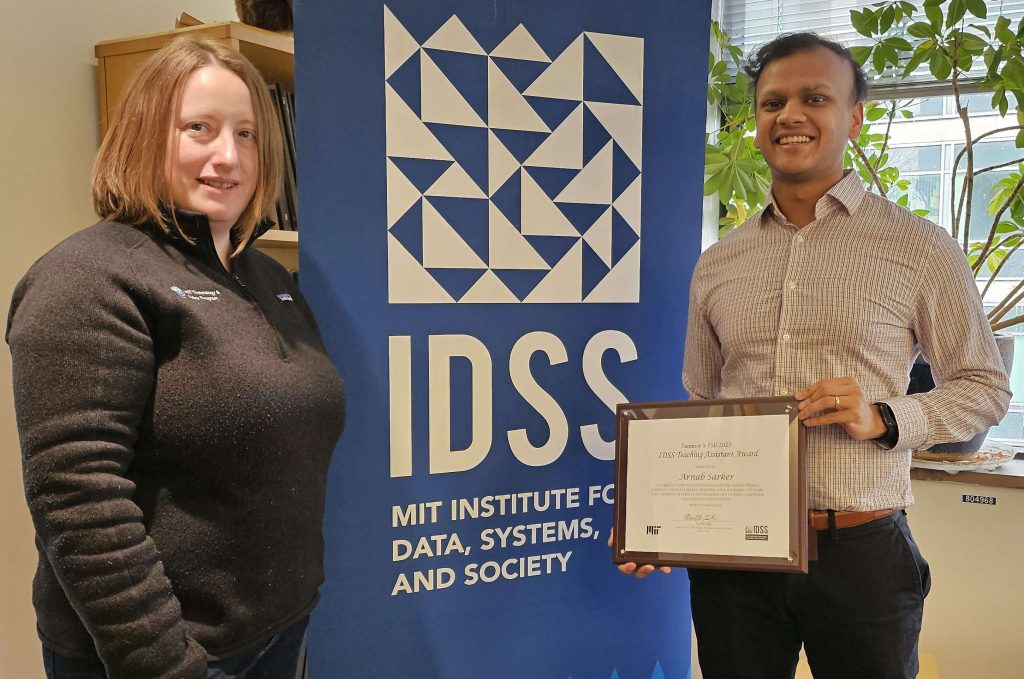
Arnab Sarker recognized with IDSS Teaching Assistant Award
A doctoral student in SES, Sarker has been recognized for going above and beyond for his students, assisting in curriculum design, and nurturing the growing and diverse IDSS community.
READ MORE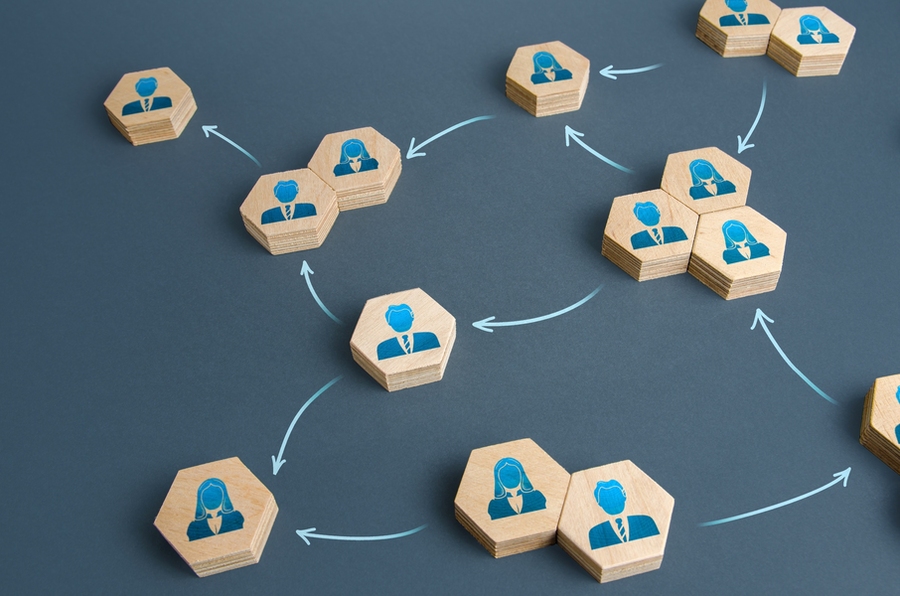
Characterizing social networks
A new method explored by study lead author and SES graduate student Arnab Sarker to measure homophily in large group interactions offers insights into how groups might interact in the future.
READ MORE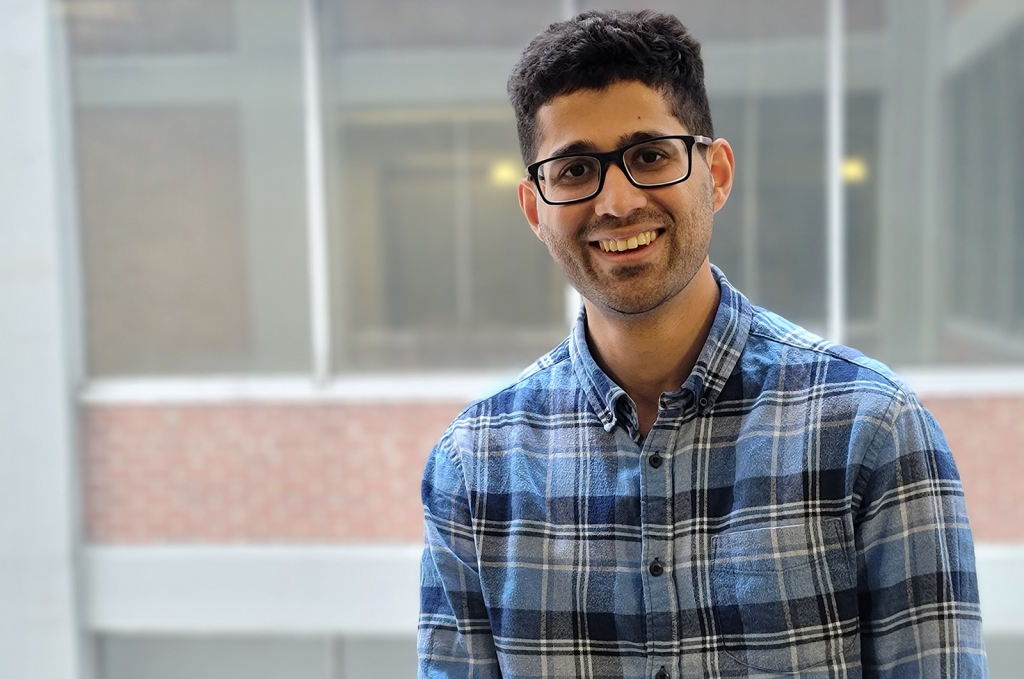
Growing our organ supply
SES student Hammaad Adam’s novel data set ‘ORCHID’ can help increase the supply of organs for transplants, saving lives and improving health equity.
READ MORE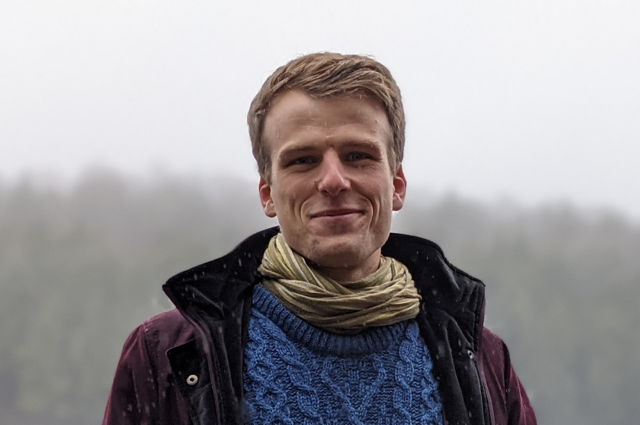
Who sees what online — and why
SES student Andreas Haupt studies how algorithms try to predict what content social media users will like, and how the design of these algorithms influences not only the content you see, but what content gets made.
READ MORE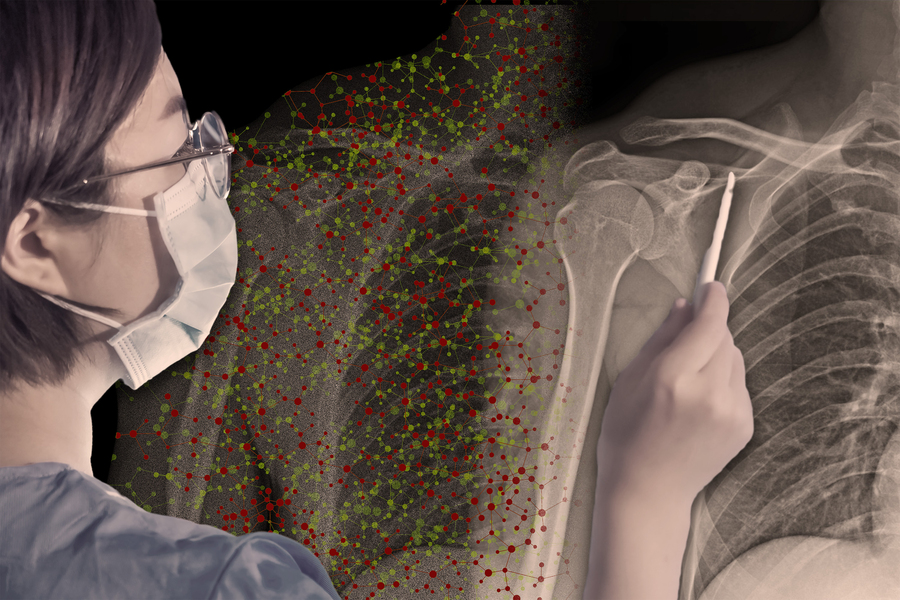
Automated system teaches users when to collaborate with an AI assistant
MIT researchers including paper lead author and SES student Hussein Mozannar develop a customized onboarding process that helps a human learn when a model’s advice is trustworthy.
READ MORE
AI accelerates problem-solving in complex scenarios
A new, data-informed approach developed by researchers including IDSS faculty Cathy Wu and SES student Sirui Li could lead to better solutions for tricky optimization problems like global package routing or power grid operation.
READ MORE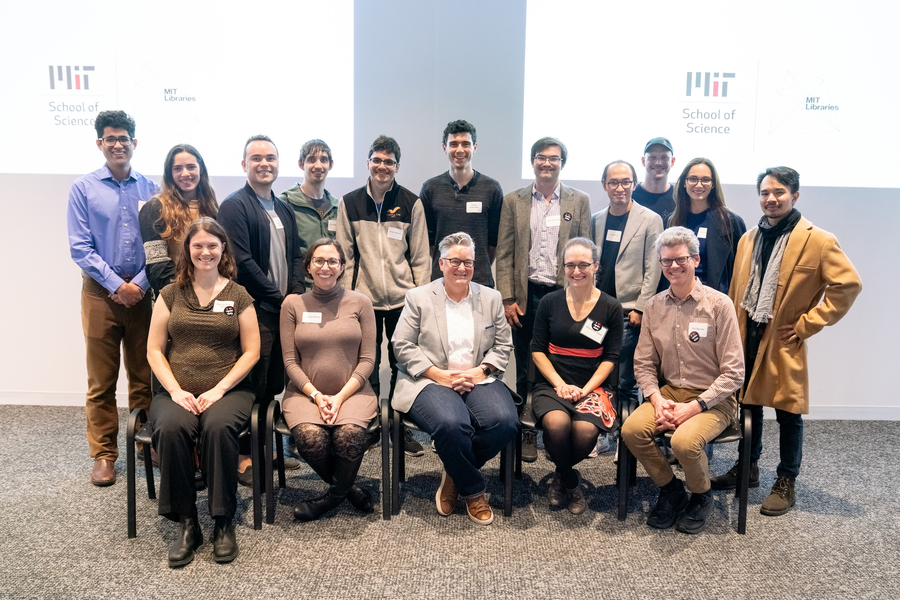
Rewarding excellence in open data
Hammaad Adam (SES) accepted an MIT Prize for Open Data on behalf of the team behind Organ Retrieval and Collection of Health Information for Donation (ORCHID), the first ever multi-center dataset dedicated to the organ procurement process.
READ MORE


